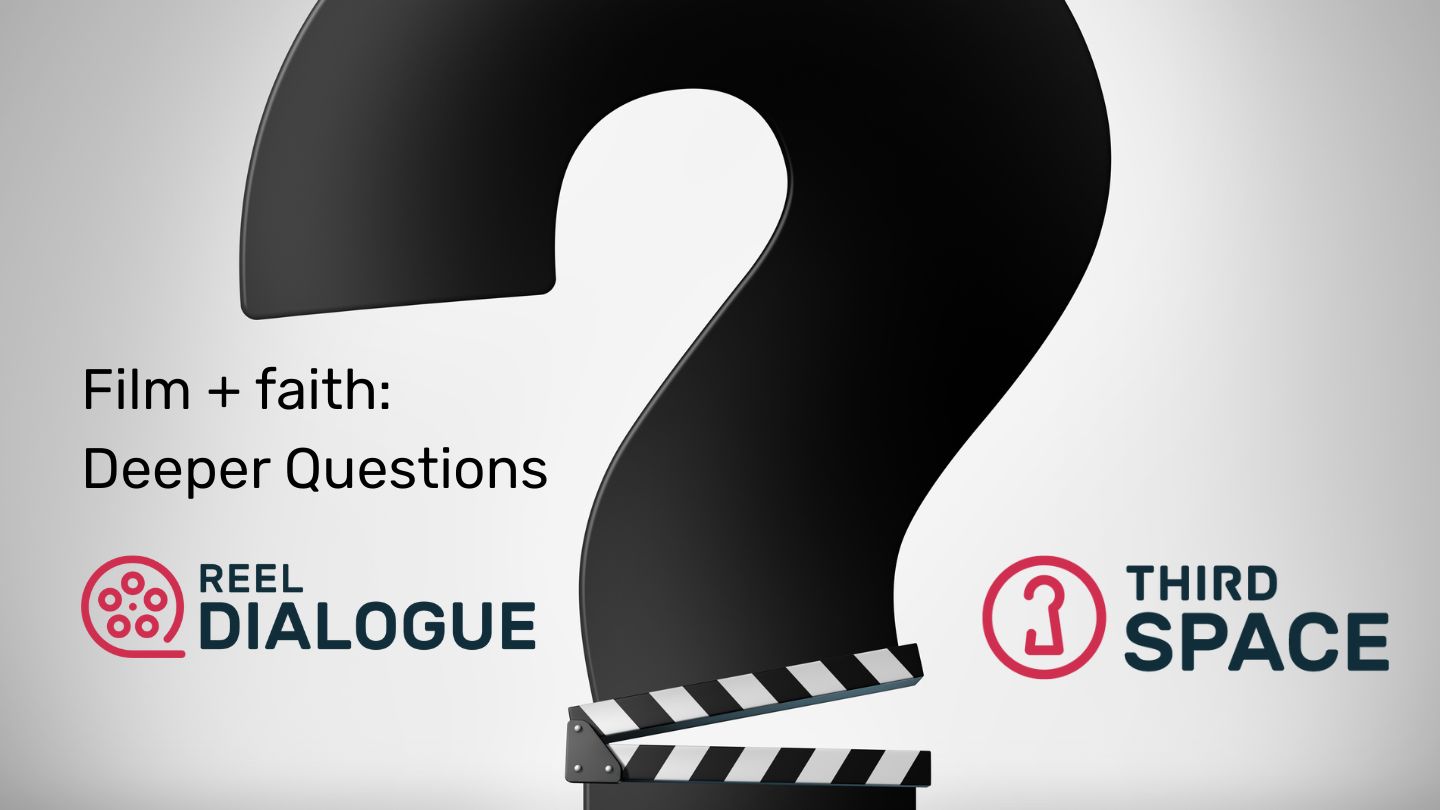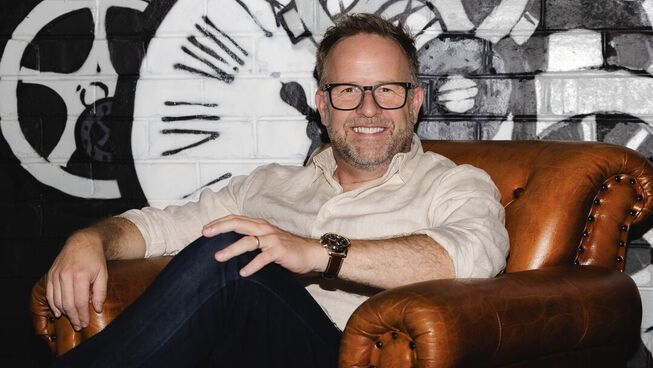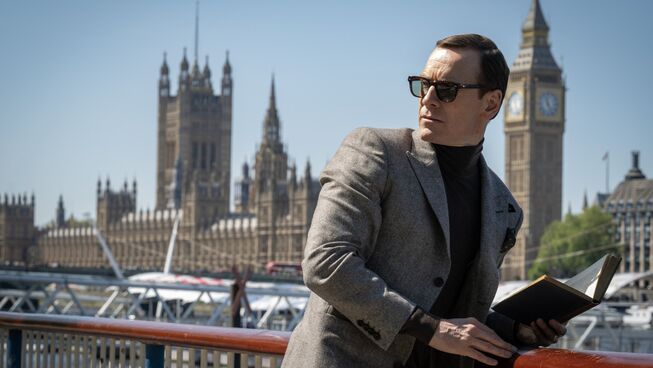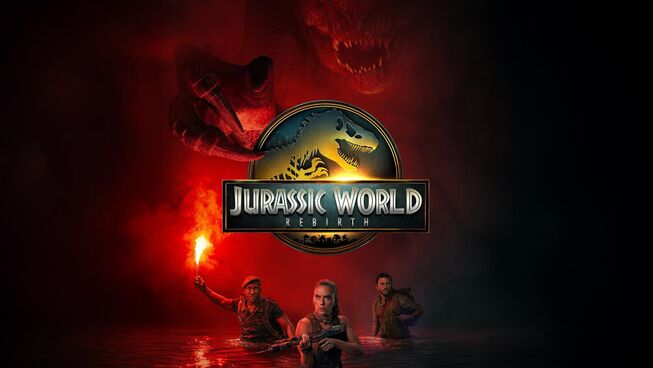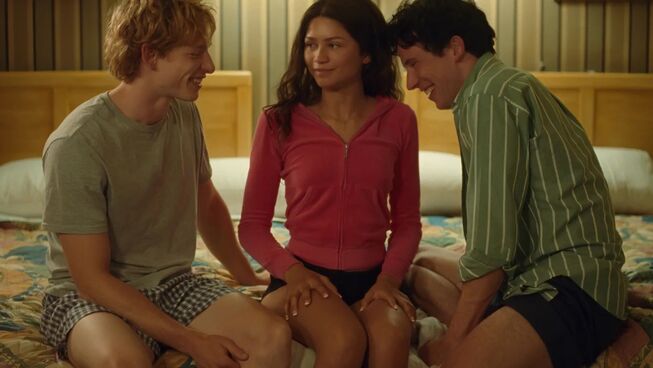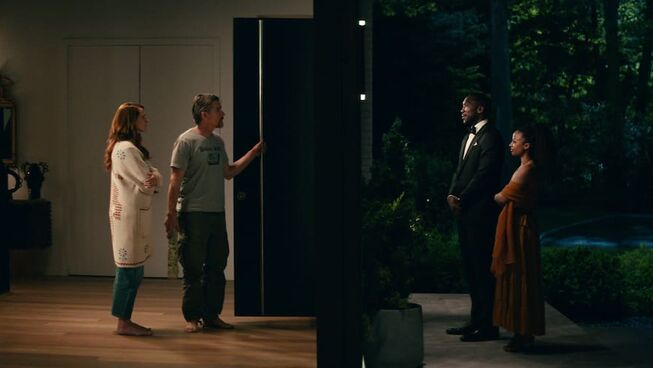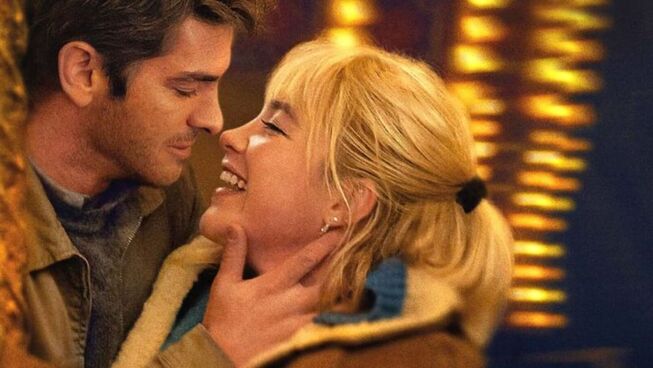After The Hunt
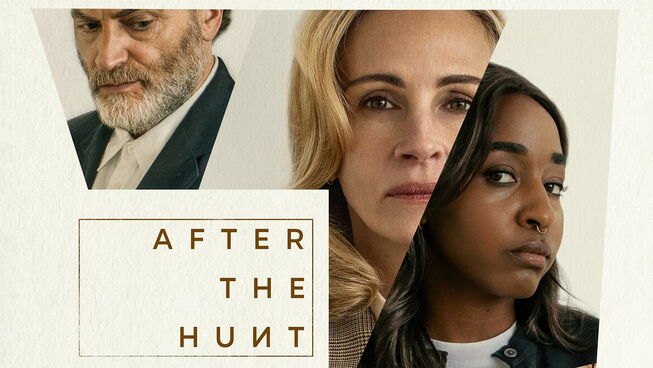
⭐️ ⭐️ 1/2 (out of 5)
Director Luca Guadagnino (Challengers) has made a career of pushing the barriers of contemporary thought and morality. After The Hunt delves into the world of academia and the generational clash of the ethical line between student and teacher. Yet, as in most of life, the Italian filmmaker unearths the layers of people's histories and how they shape their decision-making processes.
Alma (Julia Roberts) and Frederik (Michael Stuhlbarg) Imhoff are a couple with all the world has to offer at their disposal, as a respected professor at Yale University and a successful psychiatrist. Yet, the cracks in their relationship and lives begin to become apparent when Alma is made aware of a potential sexual assault of her teacher's aide and doctoral candidate, Maggie (Ayo Edebiri), by one of her fellow philosophy professors, Hank (Andrew Garfield). As the story unfolds on campus and draws Alma into the widening crevices of each side of this tale that occurred behind closed doors. She must confront the impact this has on her colleagues and how her past may shape how things unfold.
In this hyper-sensitive era of workplace conduct, the red flags start flying within minutes of the opening of Nora Garrett's screenplay. Still, each step along this moralistic tightrope act holds confusing elements that make it evident that nothing that occurs in these scenarios is ever straightforward. Luca Guadagnino forces each of his players into this cesspool of flexible morality and interpreted truth, with no assurance that any of them will come out smelling pretty. Julia Roberts leads the pack, delivering a physical and emotional commitment to the seemingly unflappable role of Alma, whose life unravels at every step. A persona everyone knows as the woman that people secretly despise while yearning to have her life. Stuhlberg and Garfield play two sides of the male-represented coin convincingly, as one is the moral core and the other represents an underlying misogyny that walks the line of secretly sought-after masculinity.
Then there is Ayo Edebiri's character Maggie, who embodies a generation of entitlement and the ideals it interprets. Her character should garner sympathy, but only proves to be suspect of her intentions after being confronted about her integrity. An issue that defines and curses this whole story. As each character is developed and the screenplay unfolds, the waters are muddied to the point that the point gets lost in the swamp of unsettled emotions and decisions. Upon the conclusion, every relationship is tarnished, careers are destroyed, and little has been resolved. In After The Hunt, some excellent performances highlight the director's impeccable cinematic eye, but the overall experience will leave the audience wondering what just happened and why they came along to the cinema at all.
Reel Dialogue and Third Space have entered the world of YouVersion: Download the app, dive into the plans, and engage with the Bible in a fresh and exciting way.
REEL DIALOGUE: Can morality exist anymore?
Morality: conformity to the rules of right conduct; moral or virtuous conduct.
In the flexible morality of this world and movie, one has to ask if morality exists anymore. As the screenplay states that 'if you believe it, it happened.' Given the confusing cinematic universe, the question has to be answered with a strong possibility. As compromise and interpretation play a role in this world, but a screenplay of this ilk seems to scream for a moral centre to drive people to unearth the truth?
The challenge is to know where to find this integral drive for justice and integrity. Can it be found in law enforcement or other areas of life?
Most of us may never be touched by the extreme moral downfall depicted in this story. Still, screenplays like this one will force each of us to determine what is right and wrong for ourselves. We can look to mankind for examples, but eventually, all people fail the test of perfect morality and truth. Only one person in history set the standard for honesty and proved that no one else could ultimately hold to this standard. This may sound hopeless, but Jesus did not leave humanity without a solution to this moral juxtaposition.
